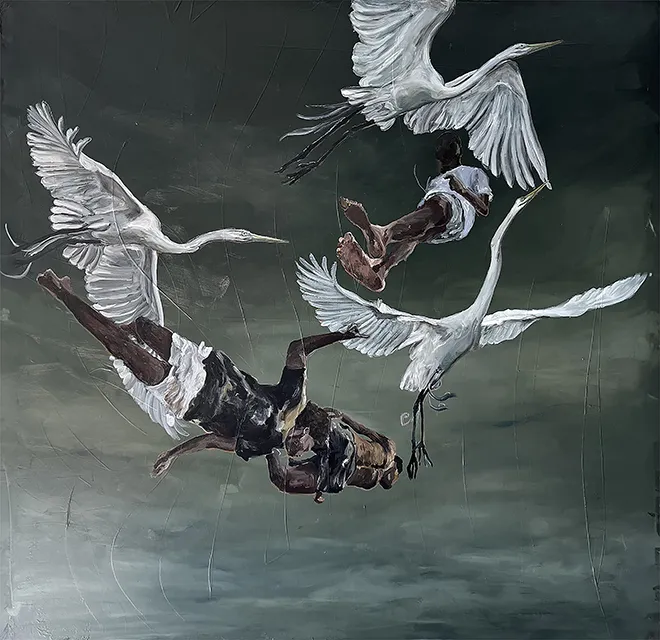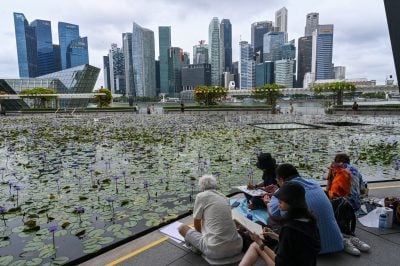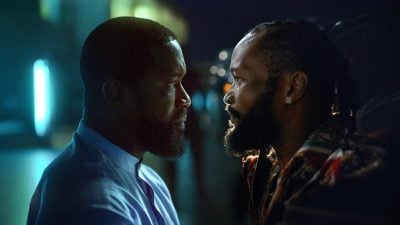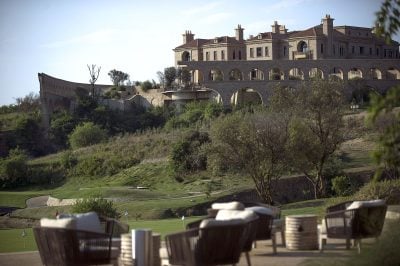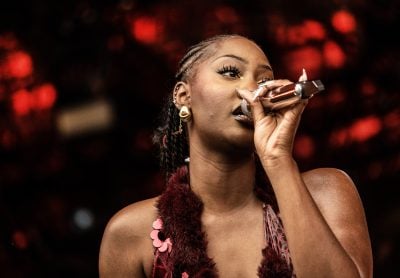This article was produced with the support of 1-54
The 12th edition of 1-54 Contemporary African Art Fair will feature a special spotlight on the interconnected artistic narratives of contemporary Afro-Latin artists and African artists within the framework of the global contemporary art scene, showcasing the significant influence of African heritage in Brazilian culture and the broader Latin American region. With Brazil’s deep-rooted Afro-Brazilian history, the country has long been a focal point for examining the global African diaspora, and this year’s fair will highlight how contemporary Brazilian artists are reinterpreting and celebrating their African ancestry through their work.
At 1-54 London, galleries representing Brazilian artists will offer a diverse array of artistic voices, each of whom uniquely connects to the African experience through themes such as identity, migration, and cultural memory. By shining a light on the works of these artists, the fair will draw attention to Brazil’s ongoing engagement with its Afro-Brazilian roots, making visible the often-overlooked connections between Africa and Latin America.
The Brazilian artists showcased at this year’s edition include prominent figures whose work resonates with the fair’s larger mission of celebrating African heritage through contemporary art. Their works span multiple mediums, including painting, sculpture, and installation, each reflecting the profound influence of Africa’s cultural and historical presence in Brazil. Through their art, they engage with Brazil’s colonial past and the survival of African traditions that have been carried forward through generations, offering insight into the enduring legacy of African influence in modern Brazilian society.
Among the artists featured, Matheus Marques Abu and Nádia Taquary stand out for their evocative interpretations of Afro-Brazilian identity.
Abu, an emerging artist known for his immersive installations, will present works that explore the spiritual connections between Brazil and Africa, particularly through the lens of Afro-Brazilian religious practices such as Candomblé. His art reflects a deep reverence for African ancestral traditions, merging symbolism and contemporary mediums to evoke a sense of continuity between the past and present.
Taquary, meanwhile, is renowned for her sculptural works that focus on Afro-Brazilian religious and cultural heritage, with a particular emphasis on the role of Black women as keepers of tradition and cultural resilience. Her pieces often incorporate organic materials like seeds, shells, and metals, connecting the natural world to spiritual themes rooted in Africa’s cultural traditions.
The presence of Brazilian galleries such as VERVE from São Paulo reflects the growing recognition of Afro-Brazilian art within the global art market. VERVE will showcase works that delve into the African influence in Brazilian urban life, emphasising the impact of African heritage on Brazil’s contemporary culture, particularly in cities such as Rio de Janeiro, which has one of the largest Afro-descendant populations outside Africa.
Connections with the diaspora
Additionally, the inclusion of Brazilian artists at 1-54 highlights the country’s role in the broader context of African diasporic art, aligning with the fair’s mission to foster international connections between Africa and its global diaspora. These Brazilian artists are not only connected to Africa through ancestral ties but also through their critical examination of race, politics, and social issues in contemporary Brazil.
By addressing themes such as racial identity, social inequality, and the ongoing struggles faced by Black communities in Brazil, these works resonate with global movements for racial justice and cultural recognition.
The 2024 edition of 1-54 will also offer a unique platform for artists such as Eder Oliveira, who is known for his large-scale portraits of Afro-Brazilian individuals, often set against stark backgrounds that force viewers to confront issues of marginalisation and systemic racism. His works are a powerful commentary on the ways in which Afro-Brazilians, particularly young men, are often depicted in media and society. Oliveira’s paintings challenge stereotypes and present a dignified, humanised vision of Black Brazilians, connecting his practice to wider conversations on race and representation in both Brazil and Africa.
This focus on Brazilian artists is further enriched by 1-54’s collaborations with international galleries that are committed to promoting Afro-Brazilian art. The representation of Brazilian voices in the fair underscores the importance of cross-cultural dialogue between Africa and its diaspora in Latin America, highlighting how contemporary art can serve as a bridge between different regions while celebrating their shared histories. With Brazilian galleries like Asfalto bringing fresh perspectives from Rio de Janeiro, this year’s fair promises to be a dynamic showcase of the creative connections between Africa and Brazil.
Through these powerful artistic contributions, 1-54 not only highlights the relevance of Brazilian artists in the global African art scene but also reinforces the importance of the African diaspora as a fundamental part of contemporary African identity. Visitors to the fair will have the opportunity to explore the rich interplay of African and Brazilian cultures, offering a deeper understanding of how African heritage continues to shape contemporary art across the globe.

 Sign in with Google
Sign in with Google 